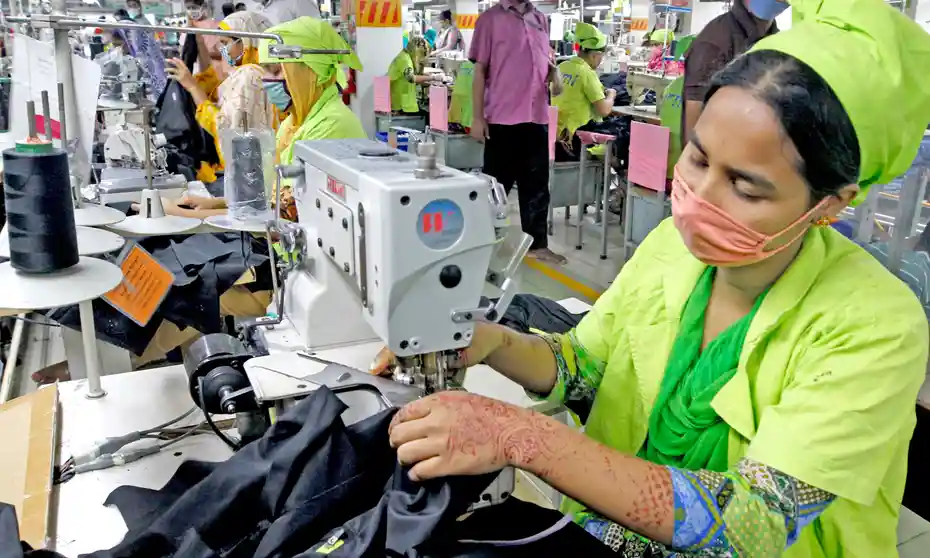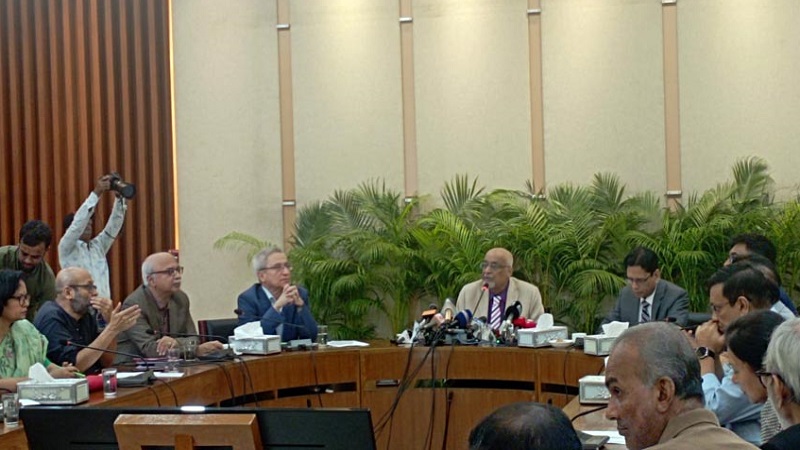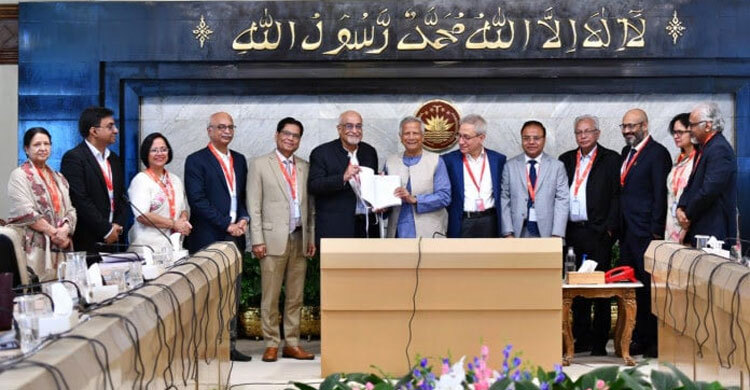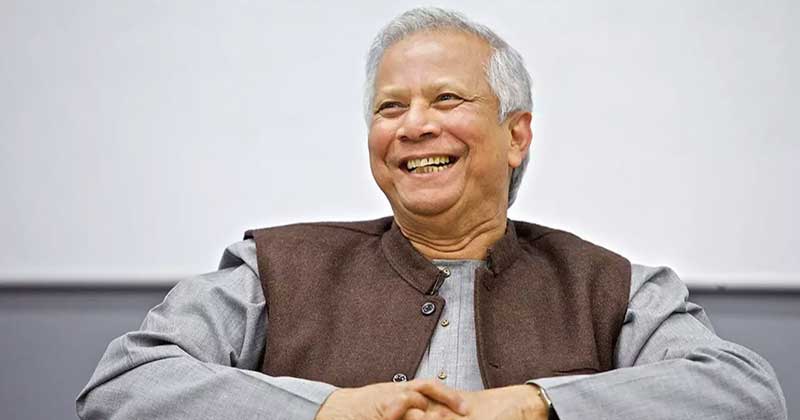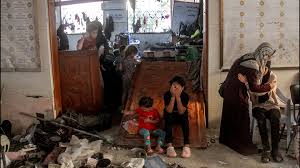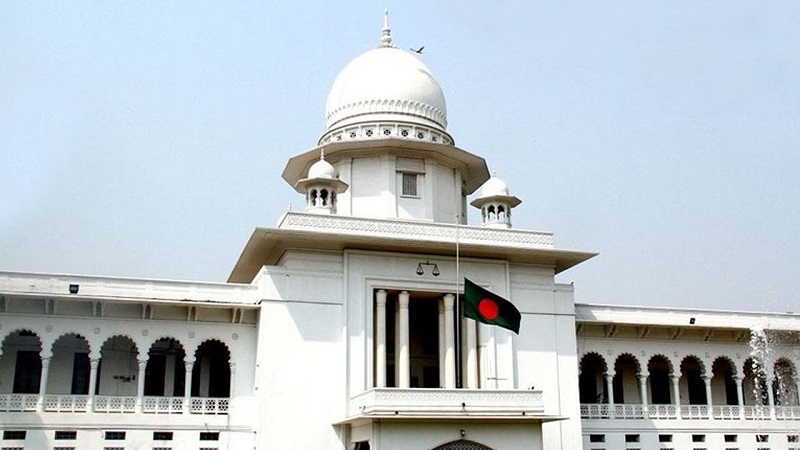Spinning and weaving companies, that have higher export demand than their production capacity, will be able to manufacture goods at other companies on a subcontracting basis and export them as their own goods.
The Ministry of Commerce recently introduced this facility because some large companies have a huge volume of export orders, while some medium and small companies do not have enough orders to utilise their capacity and sustain themselves.
Mansoor Ahmed, secretary of the Bangladesh Textile Mills Association (BTMA), told The Business Standard that as a result of this decision, the mills in the spinning and weaving sector that do not have any orders will get work, while the country's exports will increase.
"The subcontracting facility will provide investment protection to the mills suffering amid the crisis here, and the employment of their workers will continue. The mills will be able to repay their bank loans with the revenue earned from the subcontracts," he added.
BTMA President Mohammad Ali Khokon wrote a letter to the commerce ministry, in January this year, stating that some large textile companies were receiving more export orders than their production capacity, while others were suffering from a lack of work.
He said if the companies, which have higher export demand, get the opportunity to manufacture products at companies with unused capacity, on a subcontracting basis, exports will increase and employment will also be secured.
In this context, the commerce ministry gave permission to the textile factories here for subcontracting in the first week of March this year.
Export-oriented spinning and weaving mills import raw materials under the bonded warehouse facility. As per the rules, there was no scope of transferring these raw materials to other companies.
As the commerce ministry has allowed subcontracting now, the products manufactured by subcontractor factories using such imported raw materials will be considered as the main contractor company's own product. Meanwhile, the contractor mill will be able to show the production capacity of the subcontractor mill as its own capacity.
The textile sector is playing a major role as a deemed exporter by supplying yarn and cloth to the garment industry – the country's main export sector. Additionally, the sector is also playing a big role in meeting the textile demand of the local people.
According to the BTMA, the investment in the textile industry is around Tk70,000 crore. The sector's contribution to the country's GDP is about 13%. It ensures supply of about 90% of the country's knitwear and about 40% of the raw material for woven garments.
The number of BTMA member factories is 1,488. Of these, 433 are yarn manufacturing mills, 809 are fabric manufacturing mills and 246 are dyeing, printing and finishing mills.


